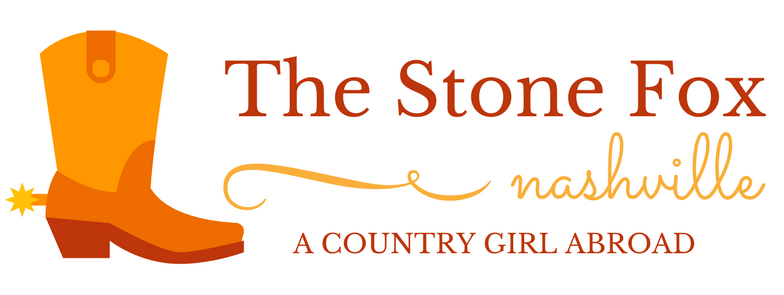While it’s good for everyone to get a vacation every once in a while, if you have a particularly stressful job, getting away on a regular basis can be even more beneficial to you. So although it might be hard to find time off, get someone to cover your shift, or just take a step back from the action when you’re a police officer or firefighter, doing so could make a world of difference for your career.
To show you just how much this could impact your life and career in a positive direction, here are three benefits of taking a vacation when you have a stressful job.

Improved Job Performance Upon Returning
One thing that people who have stressful jobs need to be worried about is burnout. If you push yourself too hard for too long, it’s easy to lose sight of your motivation within your career and find it hard to keep giving all of the effort that is necessary.
But according to Elizabeth Scott, a contributor to Very Well Mind, taking a vacation can help with this. By taking a break from your work, you’ll be giving your mind and body the rest needed to come back to work ready to buckle down and get your job done. As a result, many people who come back from a hearty vacation feel like they have improved job performance upon returning—and their bosses often notice, too.
Higher Energy Levels
Being in your normal routine, while comforting, can also sometimes be draining and monotonous. These feelings can cause you to feel a major decrease in your energy level, which can be detrimental for your ability to thrive at work, especially in a high-pressure job.
To get some of this energy back, you may want to consider taking a vacation. According to Shawn Achor, a contributor to the Harvard Business Review, 94 percent of people who take vacations have reported feeling at least the same amount of energy, if not more, upon coming back to work after a vacation. So if you’ve noticed your energy levels dipping, this could be a great solution for that issue.
Better Productivity
In addition to doing better at your job and having more energy for the work you’re doing following a vacation, you can also expect to have better productivity levels after taking a break like this as well.
According to Lolly Daskal, a contributor to Inc.com, it’s been found that people who take an additional 10 hours of vacation every year showed to have an 8 percent increase in performance ratings as opposed to their co-workers who didn’t take the same amount of vacation time. This means that you’ll be able to get more work done in fewer time, all thanks to the benefits of a vacation.
If you’ve been putting off taking a vacation because of your stressful job, consider using the information mentioned above to convince you otherwise.



















